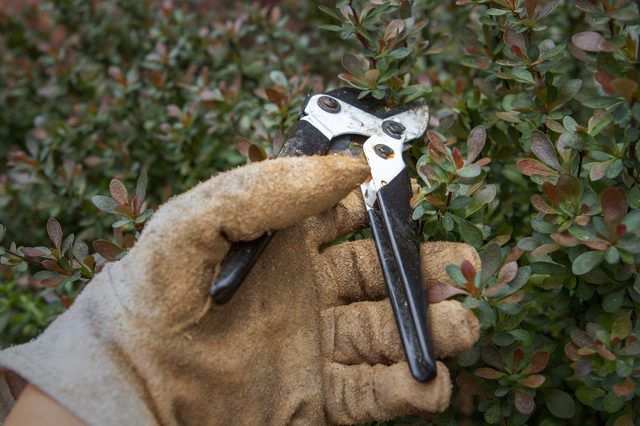Bulbs
Flower Basics
Flower Beds & Specialty Gardens
Flower Garden
Garden Furniture
Garden Gnomes
Garden Seeds
Garden Sheds
Garden Statues
Garden Tools & Supplies
Gardening Basics
Green & Organic
Groundcovers & Vines
Growing Annuals
Growing Basil
Growing Beans
Growing Berries
Growing Blueberries
Growing Cactus
Growing Corn
Growing Cotton
Growing Edibles
Growing Flowers
Growing Garlic
Growing Grapes
Growing Grass
Growing Herbs
Growing Jasmine
Growing Mint
Growing Mushrooms
Orchids
Growing Peanuts
Growing Perennials
Growing Plants
Growing Rosemary
Growing Roses
Growing Strawberries
Growing Sunflowers
Growing Thyme
Growing Tomatoes
Growing Tulips
Growing Vegetables
Herb Basics
Herb Garden
Indoor Growing
Landscaping Basics
Landscaping Patios
Landscaping Plants
Landscaping Shrubs
Landscaping Trees
Landscaping Walks & Pathways
Lawn Basics
Lawn Maintenance
Lawn Mowers
Lawn Ornaments
Lawn Planting
Lawn Tools
Outdoor Growing
Overall Landscape Planning
Pests, Weeds & Problems
Plant Basics
Rock Garden
Rose Garden
Shrubs
Soil
Specialty Gardens
Trees
Vegetable Garden
Yard Maintenance
How to Grow 'Rose Glow' Barberry
How to Grow 'Rose Glow' Barberry. Barberry shrubs are the multitaskers of the garden. They provide pops of color, they play well with others to form a hedge, they are dandy foundation plantings and some, such as "Rose Glow" barberry (Berberis thunbergii forma atropurpurea “Rose Glow”), are striking enough to take on the role...
Barberry shrubs are the multitaskers of the garden. They provide pops of color, they play well with others to form a hedge, they are dandy foundation plantings and some, such as "Rose Glow" barberry (Berberis thunbergii forma atropurpurea "Rose Glow"), are striking enough to take on the role of a specimen plant. "Rose Glow" barberry is easy to grow in U.S. Department of Agriculture plant hardiness zones 4 through 8.
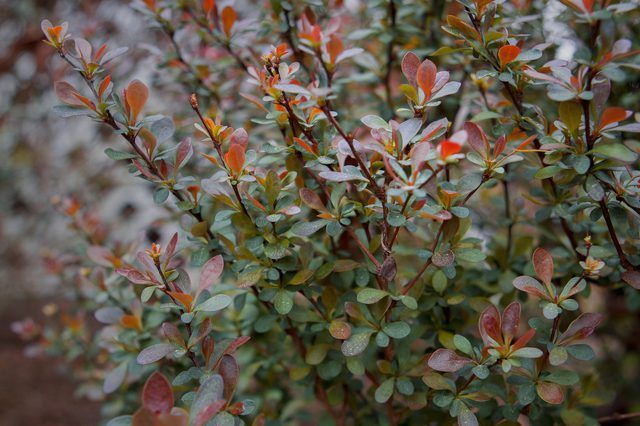
"Rose Glow" doesn't do well with constantly wet soil, so make sure the soil drains quickly after a heavy rain. To check the area's drainage, dig a 12-inch-deep hole and fill it with water. If the water drains in less than 30 minutes, the site is suitable. If it takes more than 24 hours to drain, choose another spot. If you plant it in well-draining soil, the plant does not generally suffer from diseases. "Rose Glow" has dramatic, variegated foliage in shades of white, green and pink that burst into a rich red in fall. Maximize its color by planting "Rose Glow" in full sun.
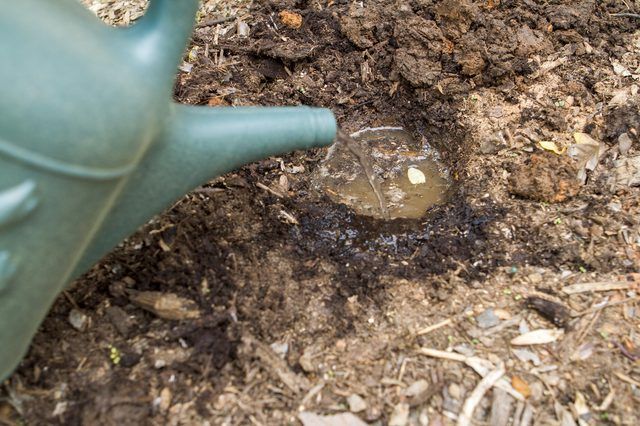
Barberries make striking hedges and, because of the thorny stems, the hedge can also act as a barrier. When planting more than one "Rose Glow" barberry, plant them 5 to 6 feet apart. At 5 feet apart, the hedge will be significantly denser.
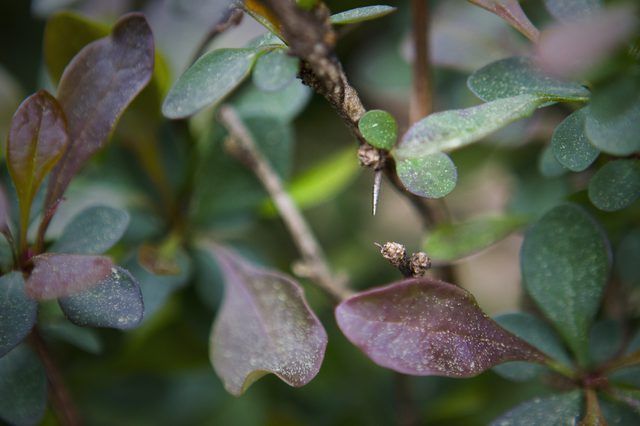
Don’t overwater the "Rose Glow" barberry or you may kill it. The plant is somewhat drought-tolerant and requires only a weekly watering unless the weather is particularly hot. Use around 6 gallons of water to soak the roots in a 10-square-foot planting bed. Stick your finger into the soil before watering and if it feels wet, hold off on watering for another week. If you notice aphids on the plant, blast them off with a strong stream of water from your hose.
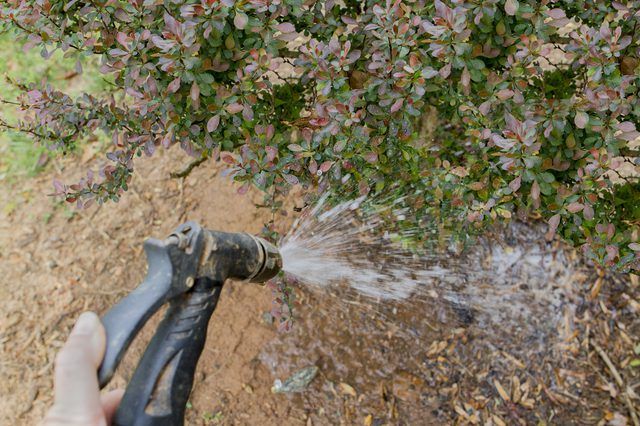
During the growing season, measure the soil, from the shrub’s main stem to the tips of its widest branches. You’ll use this figure when you fertilize the shrub in spring, just after it begins producing new growth. Use 1/2 cup of 8-8-8 fertilizer for each 1 square yard of the area you measured during the growing season and sprinkle the granules on the soil. Water as you normally do to soak the granules into the soil.
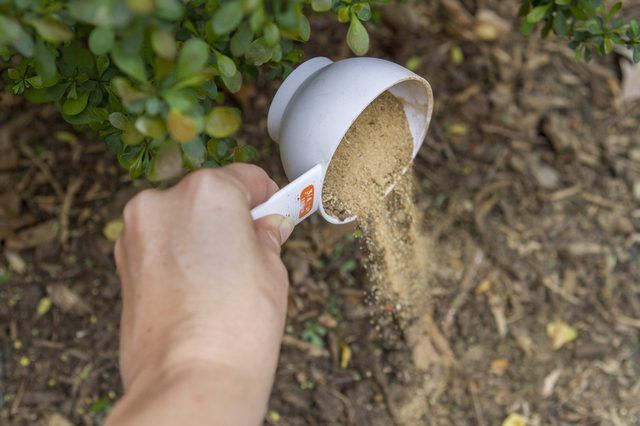
"Rose Glow" barberry doesn’t need pruning for its health but only to maintain a desired shape or size. You can safely cut the plant back to 1 foot tall if it becomes too overgrown. The best time to prune is in mid to late spring. Wear thick gloves to avoid being impaled by the shrub’s thorns and disinfect pruning equipment before using it. Do this by giving it a five-minute soak in a solution containing 1 part household bleach to 3 parts of water. "Rose Glow" and other types of Japanese barberry are considered invasive in some parts of the country. If you live in an area where it's invasive, do not plant it.
